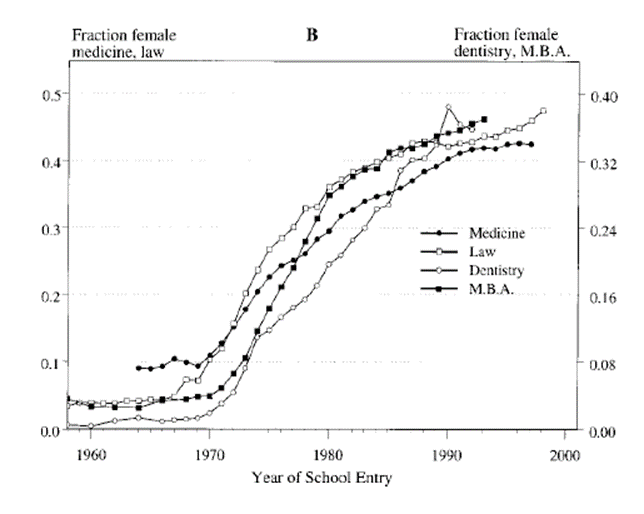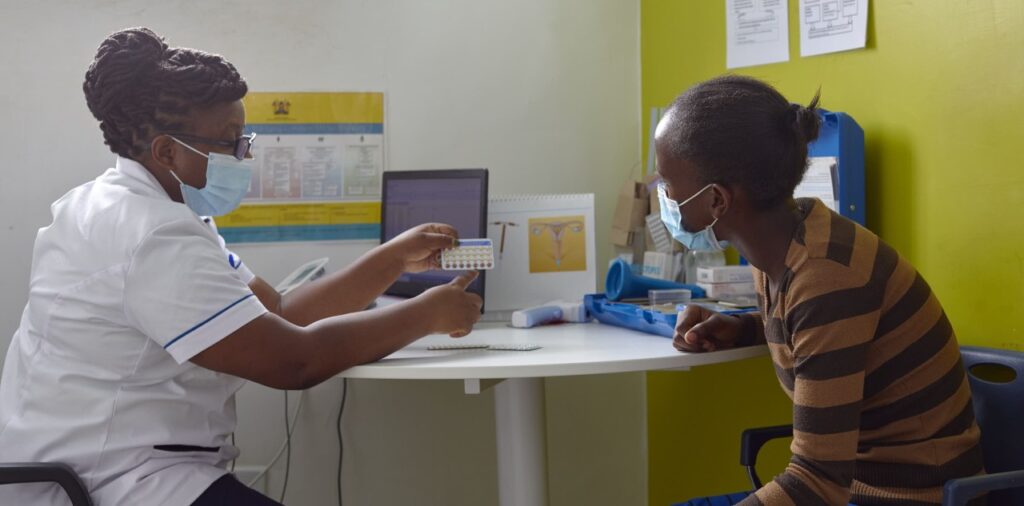By Benoit Renard, CEO, Board Director, Co-founder – Tiko.
The ambition to provide universal access to comprehensive sexual reproductive health and rights (SRHR) services is not just a matter of health; it is a critical enabler of virtually all the United Nations Sustainable Global Development Goals 1 The impact of SRHR services on young people and adolescents’ agency and control over their health choices and paths to do more with their lives is profound. Aside from grim statistics around disease and death 2 the tenacity, creativity and potential of the world’s youngest population 3 are arguably unmatched, but only if this generation is fully enabled and supported to realise their best potential. This is particularly true for adolescent girls and young women.
Claudia Goldin recently won the Nobel Peace Prize for Economics for her research on women at work that demonstrates how contraception methods, specifically The Pill, have liberated women and impacted dramatically and positively our societies and economies ever since they became widely accessible to all women of reproductive age.
What is striking in Claudia Goldin’s work, is that the scientific demonstration of the power of the pill uses one key milestone: the moment when a certain number of US States started to lower the age when young women could access the contraceptive pill, and allow unmarried women to access it, roughly between 1970 and 1975. And the effect proved to be immediate, as the chart below shows:

Source: The Power of the Pill: Oral Contraceptives and Women’s Career and Marriage
Decisions
Beyond the scale and rapidity of the impact, another point is key: contraception is agency. As Nancy Birdsall writes in this blog, the power of the pill (and more reliable, safer and effective contraception) has been even more important for women in the developing world, not only for their health and wellbeing, but also for their “agency”.
Contraception is one of the most powerful tools for youth to take control of their lives.
For us at Tiko, providing sexual reproductive health services to Sub-Saharan African youth is a pragmatic strategy towards achieving gender equality and sustainable development. And we believe by using smart technology and data driven insights to break through the barriers to access sexual health services, we can set the benchmark for trusted results and the best value for money, with greater, sustainable impact.
Already, In the streets of Kibera (Kenya), Bobo Dioulasso (Burkina Faso) and Ekurhuleni (South Africa), Tiko encourages youth to take control of their lives, through an ecosystem of partners that provide cost-free and judgment-free sexual health services. But we are committed to do more.
With the power of contraception working for youth, agency and control will follow – especially for girls and young women, and eventually, stronger and fairer societies can flourish.
That is why Tiko exists.
1 https://www.ncbi.nlm.nih.gov/pmc/articles/PMC4982245/
2 https://www.who.int/news-room/questions-and-answers/item/adolescent-sexual-and-reproductive-health
3 Africa: population by age group 2021 | Statista

